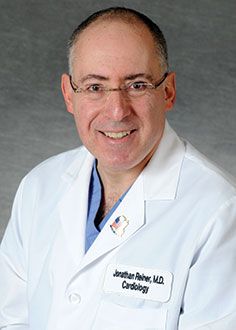
WASHINGTON (May 23, 2013) -- Rep. Pete Olson (R-Sugar Land) today introduced H.R. 2135, the Cardiac Arrest Survival Act. Olson’s bill will help increase the survival rate from sudden cardiac arrest (SCA) by eliminating the threat of frivolous lawsuits through development of a nationally uniform baseline of protection for persons who use an automatic external defibrillator (AED) while attempting to save a life during a medical emergency. Original co-sponsors include: Reps. Pete Gallego (D-TX), Phil Roe (R-TN), Marsha Blackburn (R-TN), Michael Burgess (R-TX), Andy Harris (R-MD) Gerald Connolly (D-VA).
"The best emergency treatment for sudden cardiac arrest is defibrillation, so quick use of AEDs can save lives," Rep. Pete Olson said. "The threat of unnecessary lawsuits on AED users should not stand in the way of providing emergency medical assistance to someone in need. This common sense legislation provides peace of mind for Good Samaritans by removing this threat and will encourage greater deployment of AEDs in public and private establishments. Wider use of AEDs will reduce response times and could save an additional 36,000 lives per year."
Dr. Jonathan Reiner, professor of medicine at the GW School of Medicine and Health Sciences & Director of Cardiac Catheterization Laboratories at the GW Hospital said, "Sudden cardiac arrest kills a quarter million Americans every year. Thousands of people can be saved if automated external defibrillators were more widely available in the United States. This bill will lower the barriers to AED deployment and will result in the survival of many people who would otherwise die. It is a major step forward in the treatment of this lethal disease."
SCA strikes roughly 295,000 individuals a year – people of all ages, races and physical health. Approximately 60 percent of those victims could be saved if someone intervenes and responds by engaging the emergency system, performing CPR and locating and using an AED. Sadly, survival rates for out-of-hospital SCA victims have remained a low eight percent for thirty years. Immediate CPR and early defibrillation, using an AED, can more than double a patient’s chance of survival, but only if a person acts. Olson consulted with Dr. Reiner about issues facing healthcare providers and the need for the legislation.


